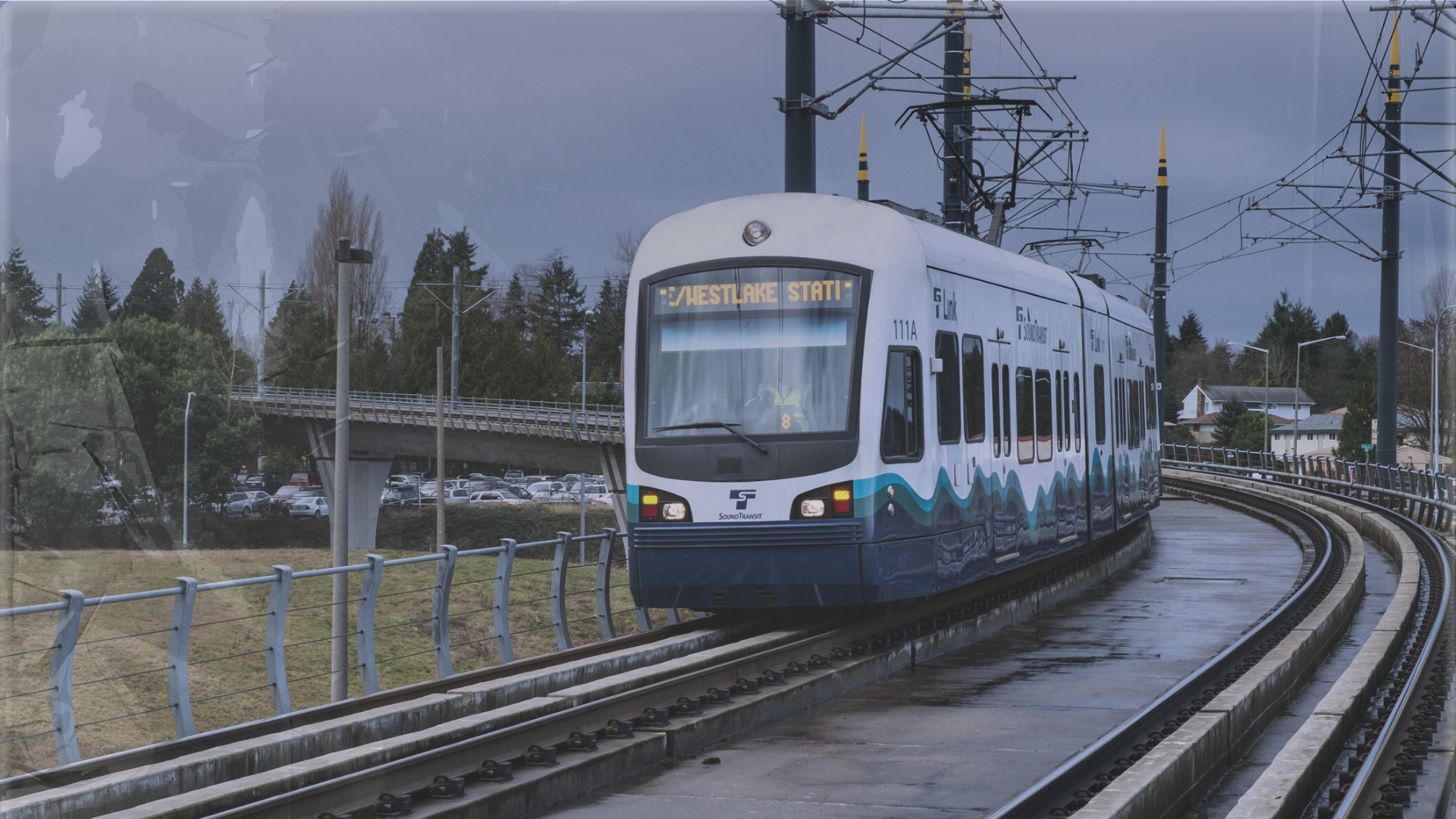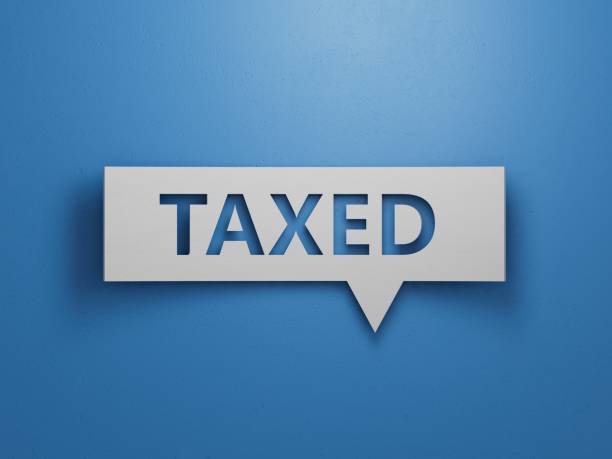Just a few years ago the state passed the largest gas tax increase in state history of 11.9 cents per gallon. Now they are back for 9.7 cents more, though not for cars.
Under a federal court ruling, the state has to replace over 1,000 culverts and fish passages to unblock fish migration. The question is - how do we pay for it?
House Bill 2913 and House Bill 2914 would add an additional 9.7 cents to the price of a gallon of gas over the next 10 years and then use that money to borrow, through bonding, $3.9 billion dollars. This money would then be used to fix the culverts.
However, it’s not clear that a gas tax is the right way to pay for it.
The 18th amendment of the Washington State Constitution requires all gas tax revenues to pay for “highway purposes.” Over the years, many attempts have been made to stretch this definition, but in most cases, the state Supreme Court has ruled to keep the funds dedicated to roads and bridges.
The replacement of culverts is definitely a stretch of that definition. In a 1961 Supreme Court case, (Washington State Highways Commission vs Pacific Northwest Bell), the court ruled that spending constitutionally-protected funds on relocation of utilities violates the 18th amendment. The premise of the argument is that the relocation of the utilities does not directly or indirectly benefit the highway system.
Similarly, fixing the culverts while helping our water-bound friends does not directly or indirectly benefit the highway system. The logical conclusion is it would be a violation of the 18th amendment to raise a gas tax to pay for fish culvert replacement.
In order to pay for the fish culvert replacement, the state can use existing revenues. Over the last few years the state has bought in more tax revenue than expected, far exceeding the $3.9 billion needed to pay to replace the culverts. Just a portion of that revenue would be needed to complete the work.
With the mounting highway maintenance costs that will have to be paid for, Washington drivers should not be footing the culvert bill with a new gas tax.






